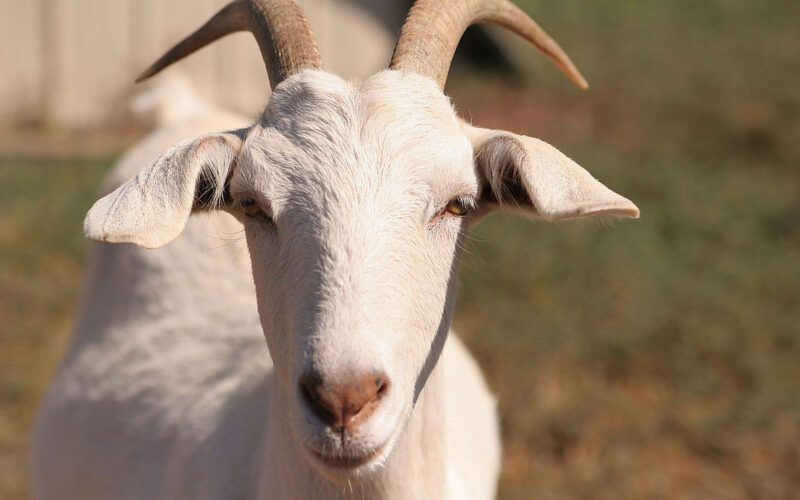The population of goats is steadily increasing across India. However, diseases and parasitic infections impacting goats are leading to economic losses, making it crucial to protect them from both diseases and parasites.
Types of Parasites
Parasites affecting goats can be classified into two types: internal parasites and external parasites.
- Internal Parasites: These include roundworms, tapeworms, flukes, and protozoan parasites.
- External Parasites: These include lice, ticks, mites, flies, fleas, and mosquitoes.
Internal Parasites
1. Roundworms
Named for their round shape, roundworms infest the intestines. Male and female roundworms can attach to the intestinal wall through their mouths, causing injuries that may lead to ulcers, bleeding, anemia, and diarrhea. Examples of roundworms affecting goats include Moniezia, Avitellina, and Strongylus species.
2. Hookworms
Hookworms are round in shape and can spread through feces, flies, ants, water, and air. The eggs can enter the goat’s digestive system when contaminated food or water is consumed. Hookworms infest the intestines and consume a large portion of the goat’s food, primarily affecting young goats. Common examples include Trichuris, Bunostomum, and Haemonchus species.
3. Tapeworms
These parasites are flat in shape and primarily include liver flukes and stomach flukes. Snails often act as an intermediate host, carrying the eggs into nearby water sources where they hatch and develop into larvae that can infect goats. Goats consuming contaminated water or grass can become infested. Examples of tapeworms include Fasciola and Amphistomum species.
4. Protozoan Parasites
Protozoan parasites, such as Coccidia, can infect goats through contaminated feed, water, or grazing. Blood parasites like Theileria and Babesia can spread through ticks, and diseases like anaplasmosis can be transmitted by ticks and flies.
Prevention and Control of Internal Parasites
For internal parasite control, deworming should be done once a month until goats reach six months old. After six months, deworming every three months is recommended.
External Parasites
External parasites include lice, small ticks, mites, flies, fleas, and mosquitoes, which live on the goat’s body and feed on blood or tissue fluids. To remove these parasites, an appropriate amount of antiparasitic medication can be mixed with water and used to bathe the goats. Additionally, the inside and outside of the goats’ enclosures should be sprayed with this medication. Rotational grazing, where goats are moved to different pastures, also helps reduce the risk of parasite infestation.
Important Considerations During Deworming
- Testing: It’s essential to test goat feces in a laboratory to identify the specific parasite present and select the appropriate deworming medication.
- Medication Rotation: Avoid using the same medication continuously by alternating between different types.
- Administration: When using powdered dewormers, mix them in lukewarm water and ensure small undissolved particles remain.
- Timing: Administer deworming medication in the early morning on an empty stomach to maximize effectiveness.
- Oral Administration: Be cautious to avoid over-dosing during oral administration and ensure the medicine is not mixed with drinking water or combined with preventive medications.
Always consult a veterinarian for the right antiparasitic medication and dosages to effectively protect goats from parasitic infections.
Dr. K. Devaki, Dr. P. R. Nisha, Agricultural Science Center, Kattupakkam, Kanchipuram – 603 203.










